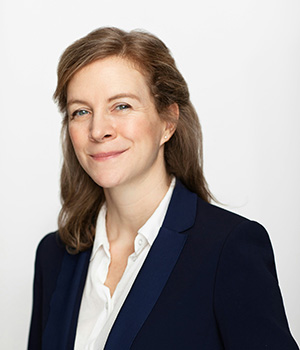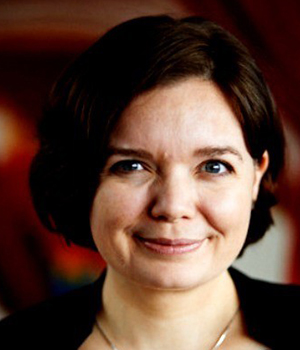This session will look at the various factors influencing the social acceptability of the energy transition. Speakers will share their perspectives and experiences on how research and practice can complement each other to promote a successful energy transition.
Alice Friser, Professor at the Université du Québec en Outaouais, will discuss the factors of social acceptability in renewable energy and GHG capture projects. She will highlight the results of her research and the practical implications for energy projects.
Geneviève Chouinard, Head of Regional Affairs and Community Relations at Hydro-Québec, will share her experience on community relations and how these relations can create synergy to improve the social acceptability of energy projects.
Cédric Bourgeois, Founding Partner and Vice-President at Transfert Environnement et Société, will share his experience of collaborative strategies and best practices for integrating stakeholder concerns into energy transition projects.
This session promises valuable insights and enriching discussions on how to translate academic research into field practice, and how the latter influences research for a socially acceptable energy transition.
This session will be available in both French and English.




